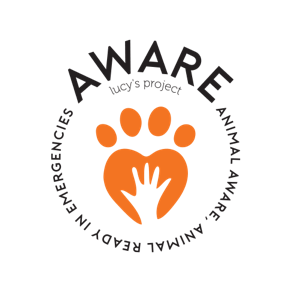About Lucy’s Project
Lucy’s Project is a national charity that aims to improve the safety of people and animals experiencing domestic and family violence through collaboration, advocacy, research and education (CARE).
What we do
Collaborate across services and sectors to promote a coordinated response to people with animals experiencing violence.
Advocate for policy, program, and legal change to improve the safety of people and animals experiencing violence.
Research the issues faced by people and animals experiencing domestic and family violence to develop evidence-based solutions.
Educate services and workers to increase their capacity and capability to support people and animals experiencing violence.
Collaborate across services and sectors to promote a coordinated response to people with animals experiencing violence.
Advocate for policy, program, and legal change to improve the safety of people and animals experiencing violence.
Research the issues faced by people and animals experiencing domestic and family violence to develop evidence-based solutions.
Educate services and workers to increase their capacity and capability to support people and animals experiencing violence.


